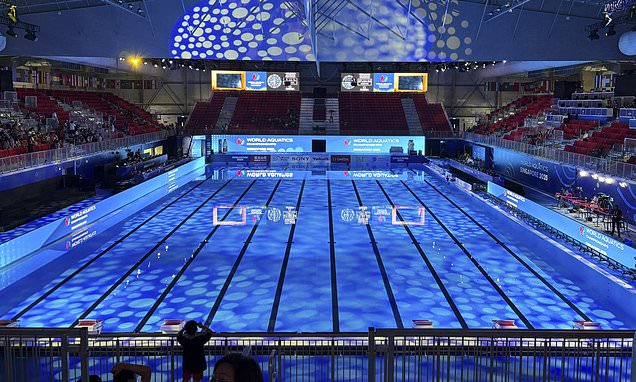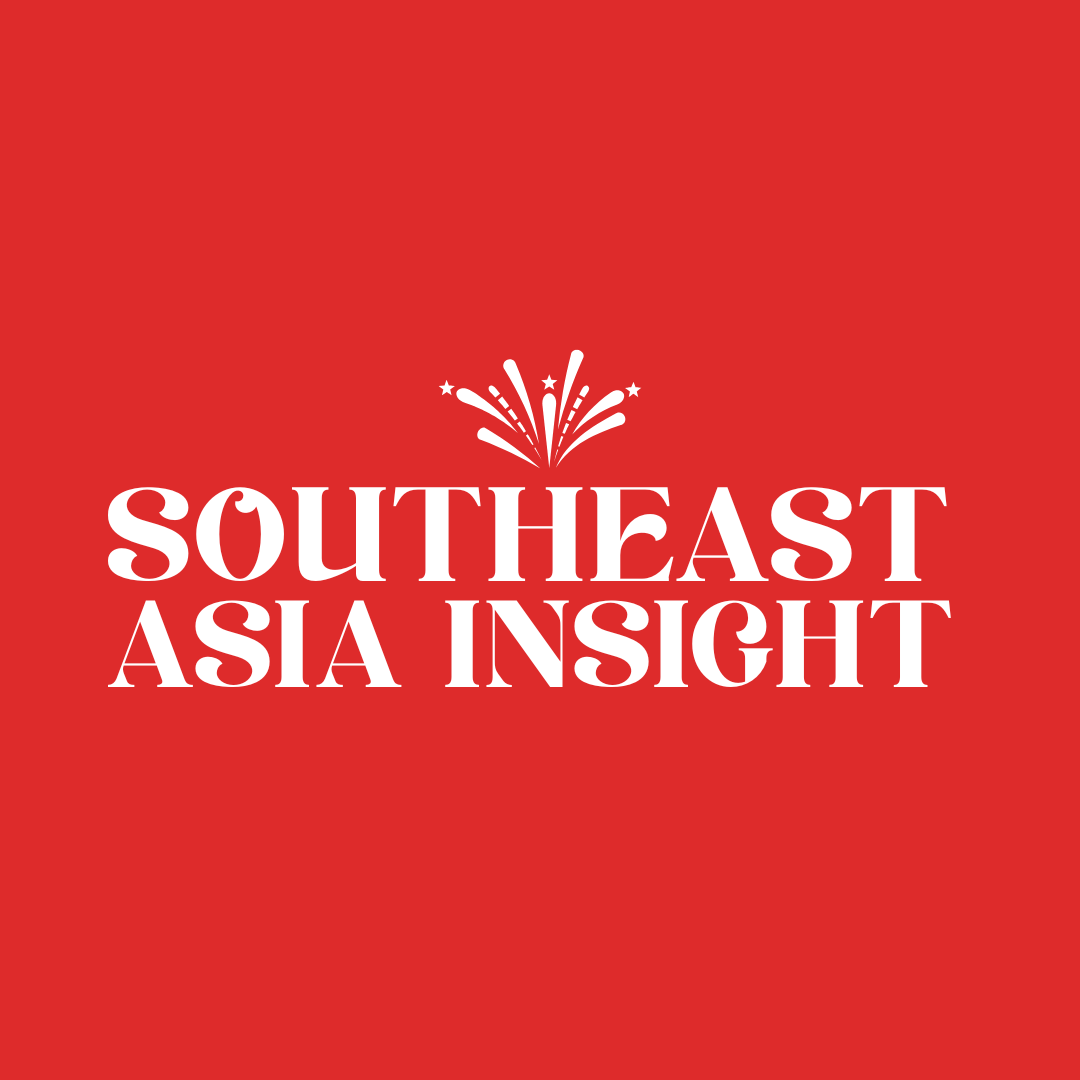Singapore Hosts World Aquatics: Australia's Swimming Success Story Challenges Asian Giants
As Singapore hosts the 2025 World Aquatics Championships, Australia's remarkable swimming prowess takes center stage, demonstrating how strategic talent development can trump population size. The championships showcase an intriguing contrast between established powers and emerging Asian contenders, including China's controversial 12-year-old prodigy.

The state-of-the-art swimming facility at the 2025 World Aquatics Championships in Singapore
Small Nation, Big Splash: Australia's Swimming Excellence Model
As Singapore welcomes the world's swimming elite to the 2025 World Aquatics Championships, Australia's remarkable success story offers valuable lessons in sporting excellence. Despite a modest population of 27 million, the nation continues to challenge swimming powerhouses with populations many times its size.
'We have swimming in our DNA as a country,' explains Rohan Taylor, Australia's head coach. 'We have to be particular and purposeful in finding the talent.'
Efficiency Versus Scale: The Numbers Game
The statistics tell a compelling story of efficient talent development. Australia secured 7 gold medals and 18 overall at last year's Paris Olympics, second only to the United States. This achievement becomes more remarkable when considering population ratios:
- USA (340 million): 8 gold, 28 total medals
- Australia (27 million): 7 gold, 18 total medals
- China (1.4 billion): 2 gold, 12 total medals
Singapore's Stage: A Meeting of East and West
The championship's location in Singapore symbolizes the growing importance of Asia in international swimming. Yet, the results continue to demonstrate that systematic talent development, rather than sheer population size, determines swimming success.
Rising Stars and Emerging Narratives
The championships feature established stars like Australia's Kaylee McKeown and Mollie O'Callaghan alongside emerging talents. Of particular interest is China's 12-year-old Yu Zidi, whose participation raises questions about early-age elite competition in Asian sports programs.
The American Reset
The United States arrives in Singapore seeking to rebound from their lowest Olympic gold medal count since 1988. Their strategy of integrating younger talent while maintaining veteran leadership presents an interesting contrast to both Australia's focused development and China's youth-centric approach.
Regional Implications
For Singapore and ASEAN nations, the championships offer an opportunity to benchmark against global standards while showcasing the region's growing sporting infrastructure and organizational capabilities.
Wei-Ling Tan
Tech and economy specialist, covering innovation in Southeast Asia from Singapore for both English-language and regional media outlets.
